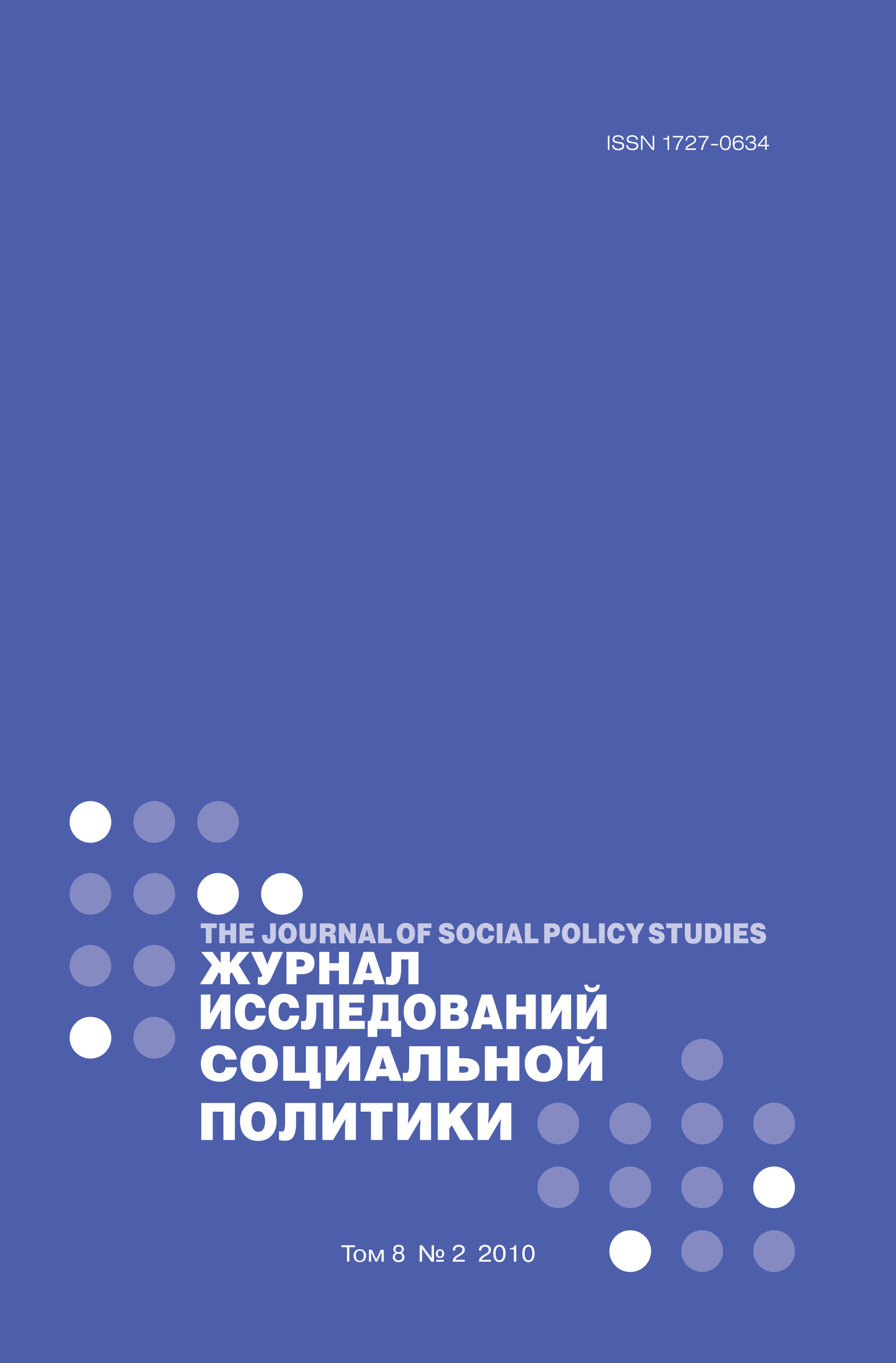Walking the tightrope: Russian disability NGOs between international donors and domestic politics
Abstract
The 21st century has witnessed a new attitude to the disabled in Russia, which has occurred alongside serious social and economic change after the fall of the Soviet Union. The end of Soviet-era stigmatization of the disabled in the 1990’s came in a period of great disruption and it was in this decade that the first Russian NGOs appeared. This article focuses on the international links between NGOs in Russia and their sponsors. In this question NGOs are differentiated in their access to resources and funding from external sources. Those NGOs that have ‘western’ characteristics in the way they work, with a strong focus on the issues of human rights and speaking the ‘language’ of international sponsors obviously have much better chances of obtaining funding than more isolated Russian NGOs in the regions. Despite the fact that these less ‘western’ Russian NGOs may well be doing important work in social and cultural policy, they find themselves off the radar of international donors. This has led to much of the financing being used for information on the issue of disability by NGOs located in Moscow and St. Petersburg, the cities where most international donors have offices. This fragmentation has left an ‘activist elite’ of NGOs, privileged with networks in international donor circles. This research is based on interviews with NGO leaders and those working in donor organizations in these cities. It is clear that NGOs in Russia have had a difficult time in general adapting in a society where issues of civic society seem to have less resonance than in Western communities. A serious issue is the role of the Russian state, which on the one hand presents bureaucratic obstacles to NGO work and on the other looks to target and marginalize NGOs who try to have their own agenda and remain loyal to foreign donors first and foremost. Overall, Russian NGOs are successfully absorbing the organizational methods of their Western counterparts. However, continued fragmentation of NGOs due to donor decisions on funding means that whole regions of Russia are left without NGOs developing in the desired way.















